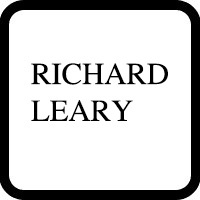Homelake RICO Act Lawyer, Colorado
Sponsored Law Firm
-
 x
x

Click For More Info:
-
The Law Offices of Richard L. Cooper, P.A.
848 Brickell Avenue Suite 800 Miami, FL 33131» view mapDWI/DUI, Drug Trafficking, Felony Nationally Ranked Top 40 Under 40
With Richard L. Cooper you can expect a trusted confidant who will work diligently to fully understand your case and determine a road map to help you regain control of your life.
800-756-2781
Not enough matches for Homelake RICO Act lawyer.
Below are all Homelake Criminal lawyers.
Richard B. Leary
✓ VERIFIEDAccident & Injury, Estate, Criminal, Divorce & Family Law
Richard B. Leary is a practicing lawyer in the state of Colorado handling personal injury matters.
James Nicholas Mrzlak
Criminal, Collection, Bed Bug, Animal Bite
Status: In Good Standing Licensed: 43 Years

 Richard L. Cooper Miami, FL
Richard L. Cooper Miami, FL AboutMiami Attorney at Law
AboutMiami Attorney at Law ServicesCriminal Defense
ServicesCriminal Defense

